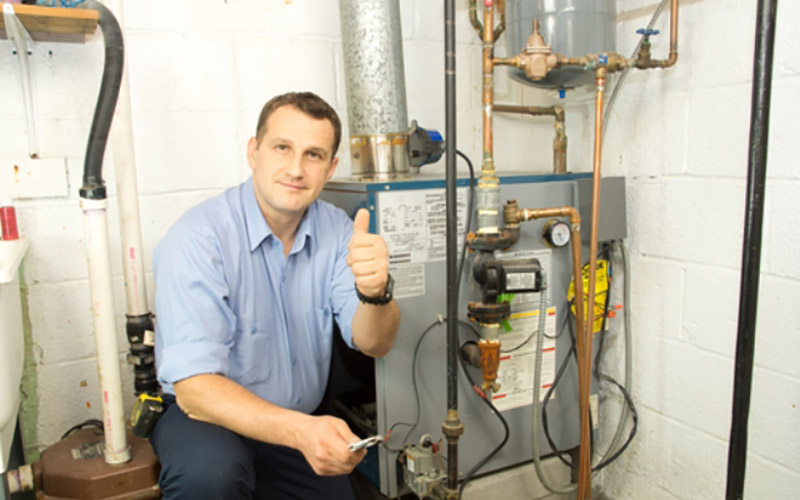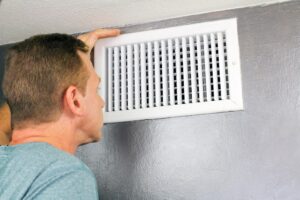For a homeowner in Macungie, PA, maintaining comfortable indoor temperatures in all seasons is essential. Whether you have a new home, or you are replacing an old heating system, selecting the right home heating system can be a difficult task. In this guide, we discuss various types of home heating systems, their features and factors to consider when choosing the best one for your house.
Heating Systems and What Powers Them
With a variety of heating systems in the market, it can be overwhelming to decide which one you want for your home. There are different types of heating systems, namely:
- Boilers
- Furnaces
- Heat pumps
- Ductless heating
These heating systems use electricity, fuel or natural gas to provide heat to your home. When selecting the proper heater for your home, you need to consider what will power the system, and how it will do it. Most furnaces use natural gas as a source of heating fuel, propane is also popular, but oil is less common.
Some heat pumps use electricity for smaller spaces. Electric energy is readily available but more useful for space heaters. Knowing the types of heating systems, their fuels and which energy sources are readily available in your area, you can decide which ones will serve you efficiently.
Size of Space You Need to Heat
Buying a bigger heating system with the belief that it will heat your home better can be a big mistake if the system does not reach its ultimate operating efficiency. Before purchasing a heating system, consult a contractor to do a load calculation.
This calculation will take into account factors such as home insulation, size of the home, windows and airflow to determine the amount of heat you need to maintain your indoor temperature on the coldest of days. The right-sized heating system should slightly surpass your home’s heating requirement.
Energy Efficiency of Heating System
Consider the energy usage of your intended system before you buy. A system with excellent energy efficiency will save you some money on utility bills in the long run.
You can measure system efficiency using standard ratings called Annual Fuel Utilization Efficiency (AFUE) for gas and oil systems and Heating Season Performance Factor (HSPF) for electric pumps. The higher the AFUE or HSPF, the more efficient the furnace. Contemporary furnaces come with high-efficiency ratings of up to 90 and above.
Compatibility With Your Home
If you are moving to a house with an old furnace with ductwork, you may want to consider getting a furnace compatible with this unit. In other cases, you can opt for a ductless heating system instead of using the old ductwork. Your contractor can offer you the best advice on this.
Choosing the Right Contractor
Getting the right installer for your heater is just as essential as picking a suitable heating system. Find reputable contractors in your area by asking friends, neighbors or family members for recommendations.
Online reviews are other good sources of information when researching. The right contractor should be able to counsel you on safe use, warranties and agreements involved in purchasing your heating system.
Making a Budget
The cost of a heating system is not only the furnace. You will also need to include installation fees, and operating costs for the life of the equipment. Your calculated payback period will depend on how long you use the heater.
Planning for Maintenance
Be sure to ask your contractor every question you can think of about the maintenance of the heating system before you commit. The answers will help you better prepare for any surprise spending along the way because maintenance will require money. Understanding your heating system’s maintenance needs can also help you avoid unnecessary repairs by learning methods of handling your system correctly.
Choosing the right home heating system is vital to keep your house comfortable when it’s cold outside. Contact us today at Sullivan Oil and Propane for the best heating installation, air conditioning and maintenance services.
Image provided by iStock



